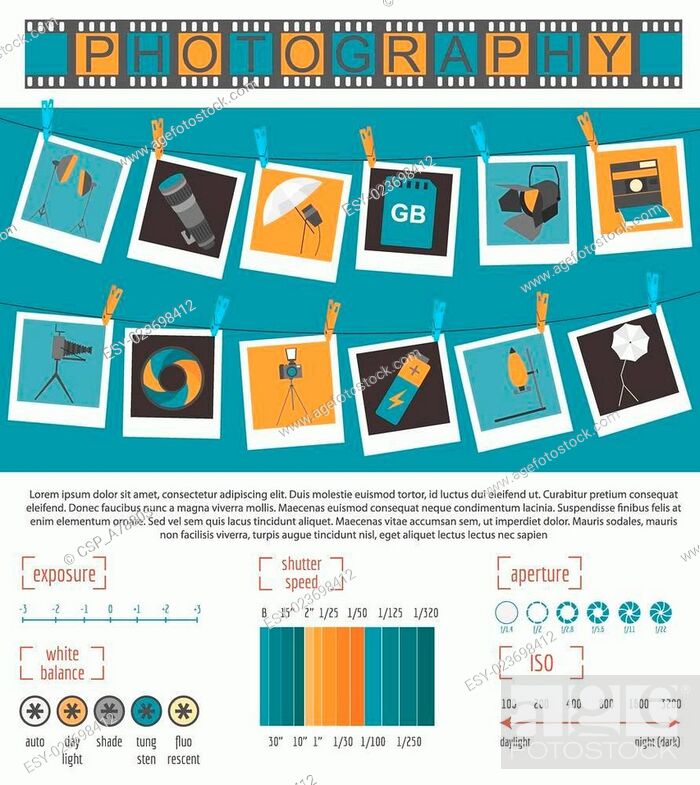Common Blunders New Photographers Make And Exactly How To Stay Clear Of Them
Common Blunders New Photographers Make And Exactly How To Stay Clear Of Them
Blog Article
Content Author-Vaughn Vedel
As a new professional photographer, it's very easy to get caught up in the allure of premium gear and overlook the basics that absolutely elevate your craft. You could find yourself annoyed when your images don't reflect the vision you had in mind. Common missteps, like ignoring lights principles or ignoring structure principles, can hold you back greater than you recognize. However recognizing these risks can transform your approach. Allow's check out these errors and exactly how you can sidestep them to enhance your digital photography journey.
Ignoring Lighting Basics
Ignoring illumination principles is just one of the most significant mistakes brand-new professional photographers make. You could believe that catching a terrific image is everything about your electronic camera setups or the current equipment, but the truth is, lights is important. Appropriate lighting can elevate your photos from ordinary to stunning, and recognizing it can save you from countless missed possibilities.
First, take notice of all-natural light. The gold hours-- quickly after sunup and prior to sunset-- offer soft, lovely light that enhances your topic. Prevent rough lunchtime sunlight, which can cast unflattering darkness. If you're shooting inside, position your subject near windows to make use of diffused light.
Next, learn to manipulate man-made illumination. Try out different sources, like lights or external flash. Use reflectors to bounce light back onto your topic for a softer impact. Don't neglect that darkness can add depth; accept them as opposed to hesitating.
Lastly, practice readjusting your camera setups according to the lights problems. Understand just how shutter speed, aperture, and ISO work together to attain the desired exposure.
Overemphasizing Equipment
Several new photographers come under the catch of thinking that having the most recent and greatest equipment will automatically boost their digital photography. While it's tempting to think that a higher-end electronic camera or an expensive lens will certainly elevate your work, the fact is that it's not just about the tools you make use of.
Your abilities, creativity, and understanding of photography play a much bigger role in generating stunning images. Buying excellent equipment can be helpful, however it should not be your primary focus. Rather, concentrate on grasping the basics-- light, structure, and narration.
You can take impressive photos with a straightforward camera if you understand how to use it successfully. Often, it's the professional photographer's vision, not the equipment, that makes the difference.
Moreover, exaggerating Read Even more can cause aggravation and exhaustion. You might find yourself constantly chasing after the next item of gear instead of sharpening your craft.
Neglecting Structure Concepts
When you get your camera, it's very easy to focus only on the topic, however disregarding make-up principles can lead to uninspired photos. Structure is the backbone of photography; it guides the visitor's eye and produces an aesthetic story. If you ignore it, your spectacular topic might get shed in a chaotic framework.
Beginning by using the regulation of thirds. Visualize your framework split right into nine equivalent components by two horizontal and two upright lines. Position key elements along these lines or at their crossways for a well balanced and engaging shot.
In visit the up coming internet page , consider leading lines. Use all-natural lines in your scene to attract the customer's eye towards the topic.
Do not ignore framing. Usage bordering components to produce a "structure within a structure." This technique can add depth and focus to your topic.
Last but not least, take note of adverse room. Often, less is extra. Enabling void can improve your focal point and create a much more effective image.
Conclusion
To conclude, by avoiding these usual pitfalls, you can boost your digital photography skills significantly. Focus on understanding illumination, composition, and direct exposure rather than getting lost in pricey equipment. Don't undervalue the power of post-processing, either-- it can genuinely transform your images. Remember to select the correct time of day for shooting, as lights plays a vital function in your outcomes. Accept these suggestions, and enjoy your photography thrive!
